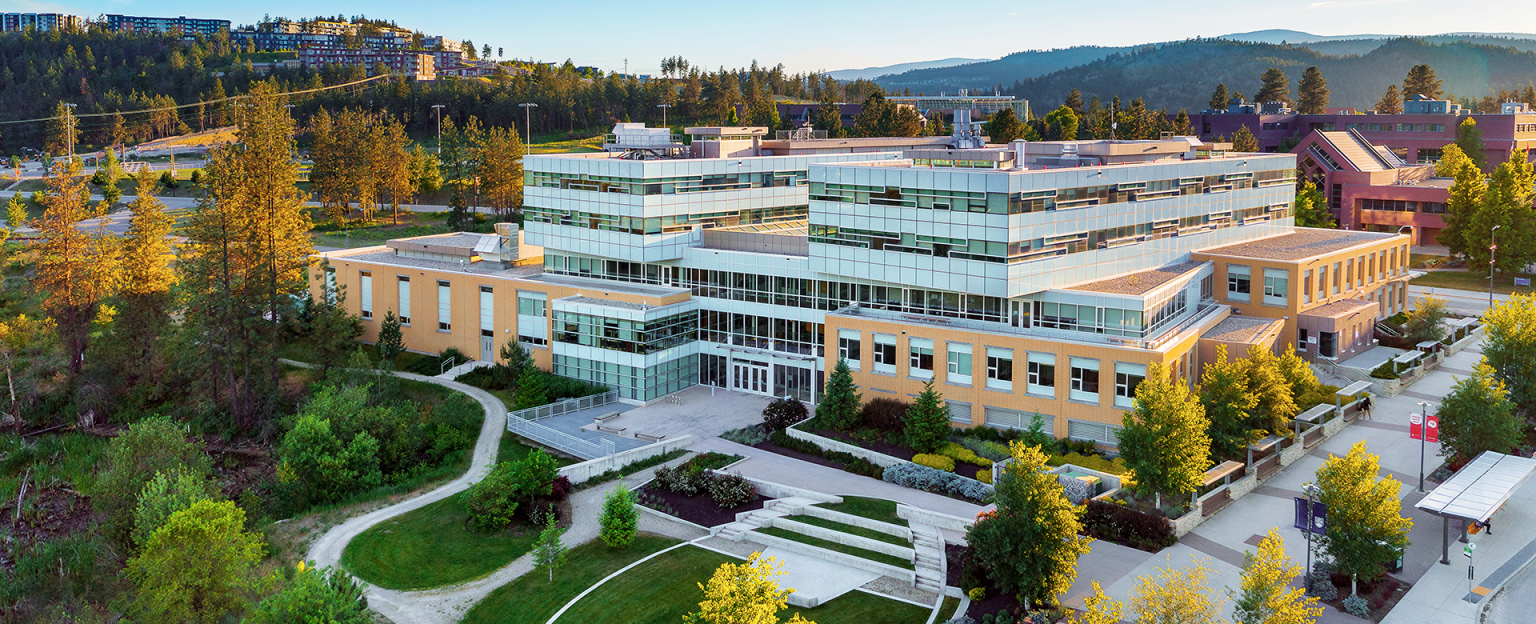
The Green Construction Research & Training Center (GCRTC) Seminar Series presents:
Dis-Ownership in Climate Change and Making “Sense” of Resilience in Construction by Kh Md Nahduzzaman, Ph.D., Associate Professor, Citinnov SA for Integrated Territorial Planning & Smart Cities, Mohammed VI Polytechnic University (UM6P), Morocco.
- Date: Wed. November 27, 2024
- Time: 2:30 PM – 3:30 PM
- Location: EME 4218, School of Engineering, UBC, Okanagan, Kelowna BC
Human behavior lies at the heart of climate change, as re-emphasized by the IPCC. This talk examines the concept of “dis-ownership” in addressing climate challenges and explores how resilience in construction can be reimagined.
Infrastructure development, including water systems, drainage, power grids, public transport, etc. faces significant economic and ecological barriers, compounded by human behaviors that prioritize individual needs over communal welfare. Actions such as over-reliance on personal vehicles, unsustainable land use choice, and disregard for ecological balance exacerbate vulnerabilities, including flooding, urban hit island, wildfires, and biodiversity loss.
This presentation is also an attempt to critically evaluate the role of “green” technologies, questioning their sustainability. For example, electric vehicles, while marketed as eco-friendly, generate substantial carbon emissions during production and require resources such as lithium, leading to water scarcity, soil contamination, and ecosystem degradation at the localities where it is extracted from. The hidden environmental costs inherently challenge the scientific and ethical foundations of these technologies as “solutions” to climate change dynamics. The inertia to change – rooted in ethical dilemmas, and behavioral resistance – arguably hinders progress of what needs to be done in finding the “sustainable” solutions to the mounting breadth of challenges. Overcoming dis-ownership requires a paradigm shift in mindset, from “us” versus “others” to a “unified” sense of responsibility.
By addressing these challenges holistically, the construction practices can be transformed to enhance resilience while fostering a sustainable future for our shared planet.
About Dr. Kh Md Nahiduzzaman
 Dr. Nahiduzzaman is an Associate Professor at Citinnov SA for Integrated Territorial Planning & Smart Cities in Mohammed VI Polytechnic University (UM6P), Morocco. He also held faculty positions at UBC Okanagan (Canada), KFUPM (Saudi Arabia), and KTH (Sweden). Currently, he coordinates the PhD program and TOP (Territorial Observatory Performance) Lab.
Dr. Nahiduzzaman is an Associate Professor at Citinnov SA for Integrated Territorial Planning & Smart Cities in Mohammed VI Polytechnic University (UM6P), Morocco. He also held faculty positions at UBC Okanagan (Canada), KFUPM (Saudi Arabia), and KTH (Sweden). Currently, he coordinates the PhD program and TOP (Territorial Observatory Performance) Lab.
His expertise spans urban and territorial planning and resilience, smart cities, and climate risk assessment, collaborating globally across continents. He has secured over $6 million in research funding and published 80+ scientific works. He serves as the Editor-in-Chief of City Development: Issues and Best Practices journal (ICCCASU), “Executive” and “Book Review” Editor of the Journal of Urban Management (Elsevier), and holds editorial roles in frontier journals, including Journal of Urban Planning and Development (ASCI), Discover Cities (Springer), etc. His recent book, “Making Sense of Planning and Development for Post-Pandemic Cities,” by Springer (2024), provides a critical roadmap for transformational planning in the post-pandemic cities.
He seats in core scientific and organizing committee in a number of international scientific events and think-tanks, notably ICCCASU (International Conference on Canadian, Chinese and African Sustainable Urbanization), ICCSA (International Conference on Computational Science and Its Applications), International Conference on Real Estate Development and Management (ICREDM), the African Smart City Forum, etc..
He is also a co-chair of the upcoming “Smart and Connected Cities” track in the US-Africa Frontiers program in Kigali, Rwanda. He holds visiting professor positions at Tomas Bata University in Zlín, Czech Republic, and Ankara University, Türkiye.
About the Green Construction Research and Training Center
The Green Construction Research & Training Center (GCRTC) is multi-disciplinary research and training hub, which is the results of collaboration between the University of British Columbia (UBC) and Okanagan College (OC). The center enables a multitude of disciplines to work in a symbiotic manner to enrich and broaden all disciplines’ capabilities towards greener construction. Learn more at https://gcrtc.ubc.ca/.